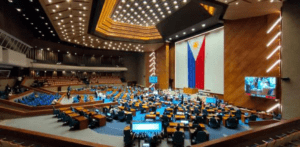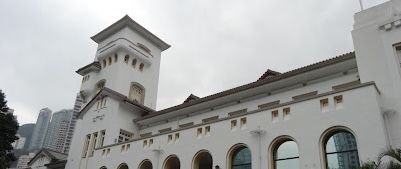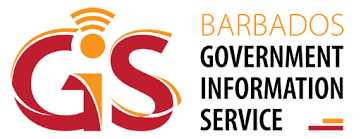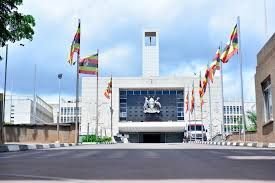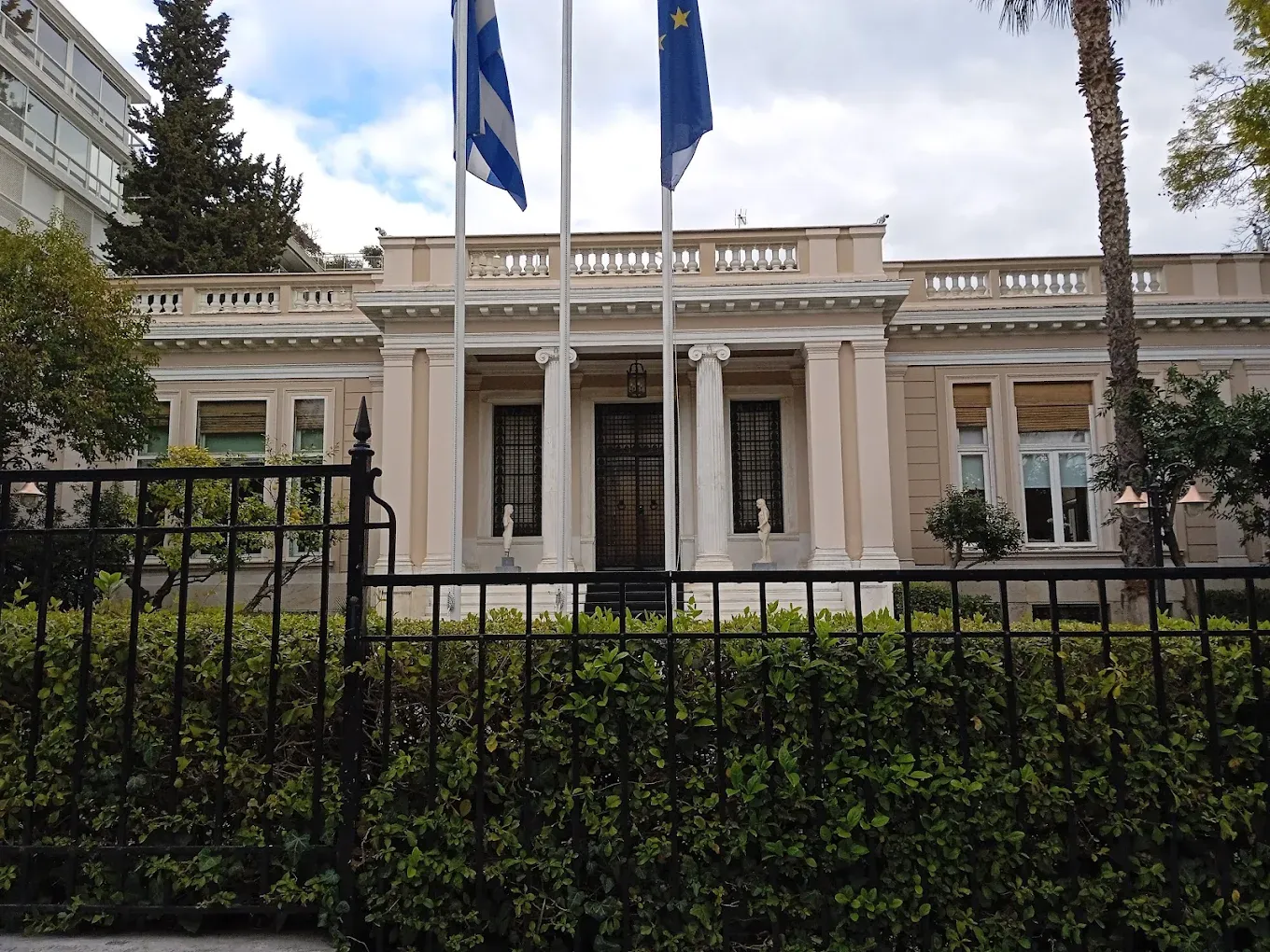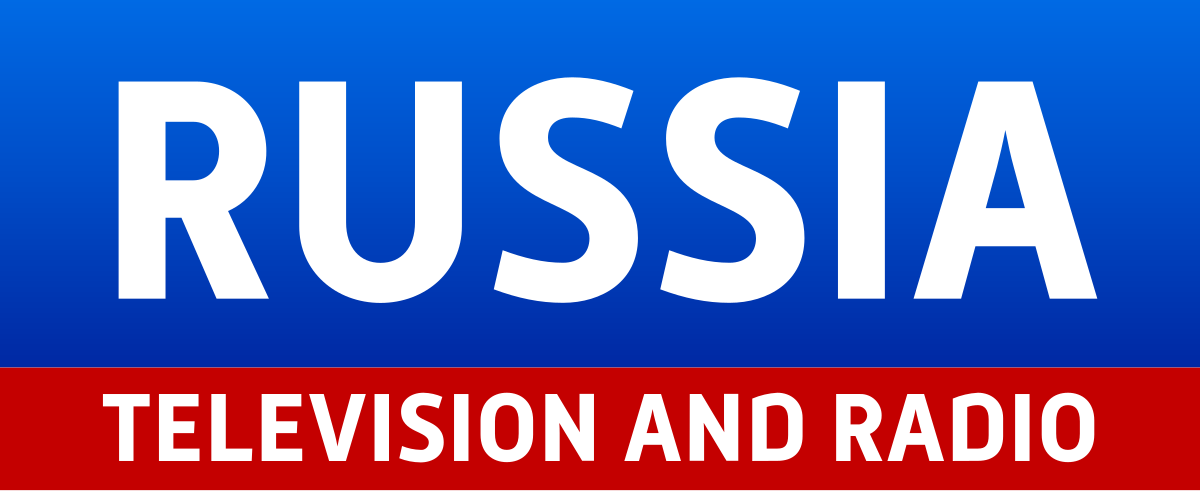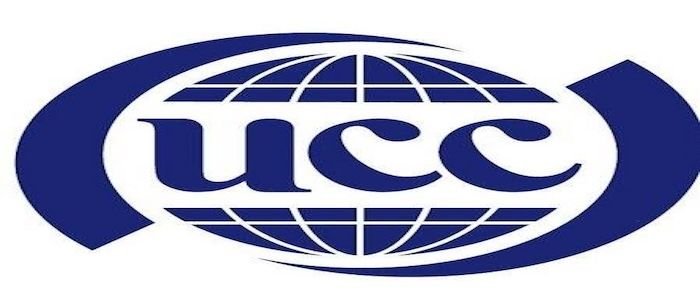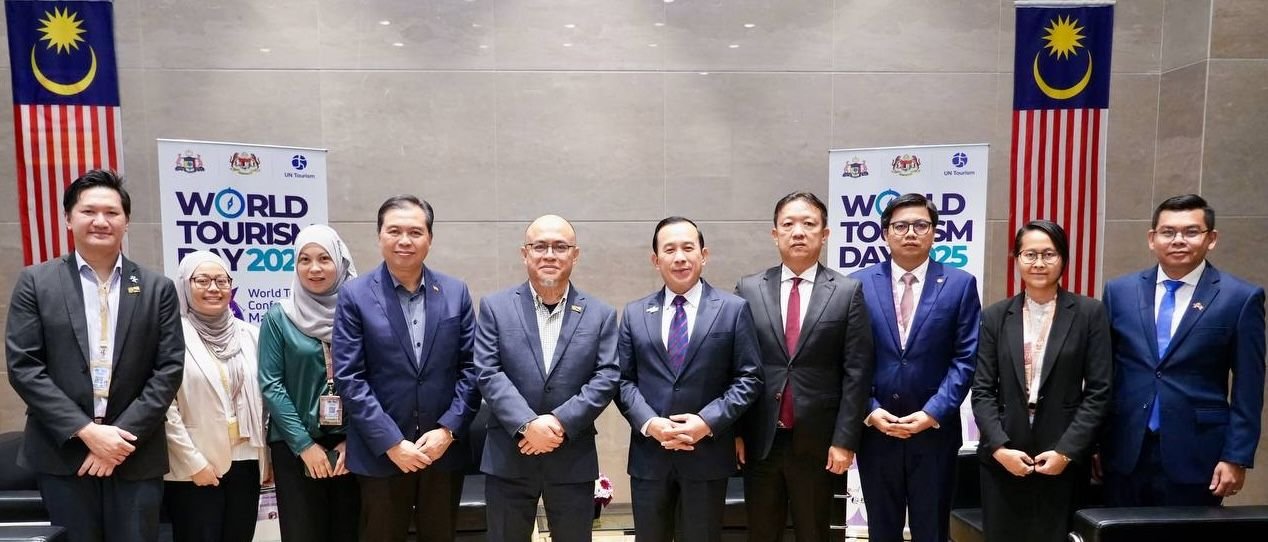Government of the Republic of the Philippines
The Government of the Philippines operates as a presidential republic where power is constitutionally divided among three branches. Article II, Section 1 of the 1987 Constitution states that “sovereignty resides in the people and all government authority emanates from them.” The executive branch consists of the president, who serves as head of state, commander-in-chief, and leader of the national government, alongside a vice president and Cabinet, all serving six-year terms. The legislative branch comprises a bicameral Congress – a 24-member Senate elected at large and a House of Representatives with approximately 250 district representatives plus party-list members constituting 20 percent of total seats. The judicial branch, headed by the Supreme Court, holds the power of judicial review and can declare laws unconstitutional. The system maintains checks and balances, with each branch able to limit others’ powers through mechanisms like presidential vetoes and congressional confirmation of appointments.

